Subscribe and Save
Sign up to our newsletter to enjoy exclusive discounts and special offers from Park2Go.
In 2026, travelers are seeking meaningful, authentic experiences, making destinations that blend culture, nature, and sustainability especially appealing. Top picks include Japan, Portugal, Morocco, Canada, South Korea, Colombia, Slovenia, New Zealand, Rwanda, and mainland Greece, each offering unique adventures from cultural immersion to wilderness exploration. Careful planning, flexible itineraries, and booking essentials like airport parking ahead of time help ensure a smooth and memorable travel experience.
As the world settles into its post-pandemic rhythm and travelers become more intentional about their journeys, 2026 is emerging as a pivotal year for global exploration. Gone are the days of checking destinations off a list. Today's wanderers are seeking deeper connections, sustainable experiences, and places that offer something genuinely transformative. Whether you're the type who finds peace in pristine wilderness, gets energized by vibrant street art, or loves discovering hidden culinary gems, this year's hottest destinations are serving up experiences that go far beyond the typical tourist trail.
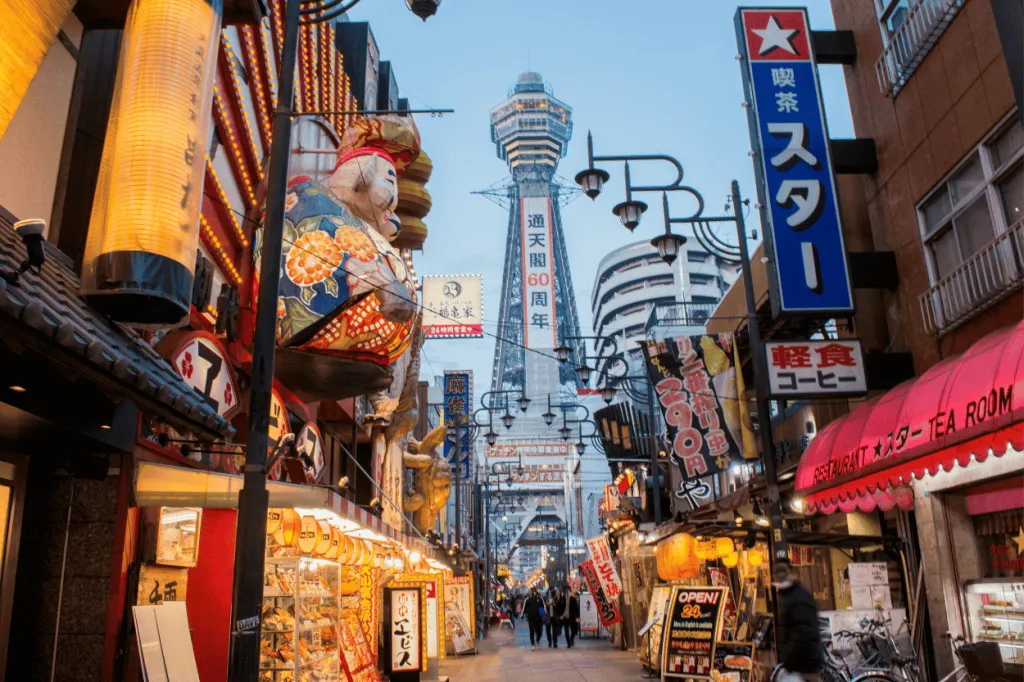
Japan in 2026 feels like a country reborn, with the afterglow of Expo 2025 in Osaka drawing international attention to hidden gems beyond the typical tourist circuit. Savvy travelers are now venturing to the Noto Peninsula for traditional crafts experiences and Kyushu's hot spring towns that blend ancient bathing rituals with modern wellness science. The lesser-known islands scattered across the Seto Inland Sea are offering art installations and local fishing experiences at a pace that feels refreshingly unhurried. What makes Japan irresistible right now is its perfect balance of hypermodern and timelessly traditional, you can explore futuristic digital art museums in the morning and chat with sake masters whose families have perfected their craft for generations by afternoon. It's this seamless blend of cutting-edge innovation and deep-rooted tradition that makes every moment feel like a discovery.
Useful Resources:
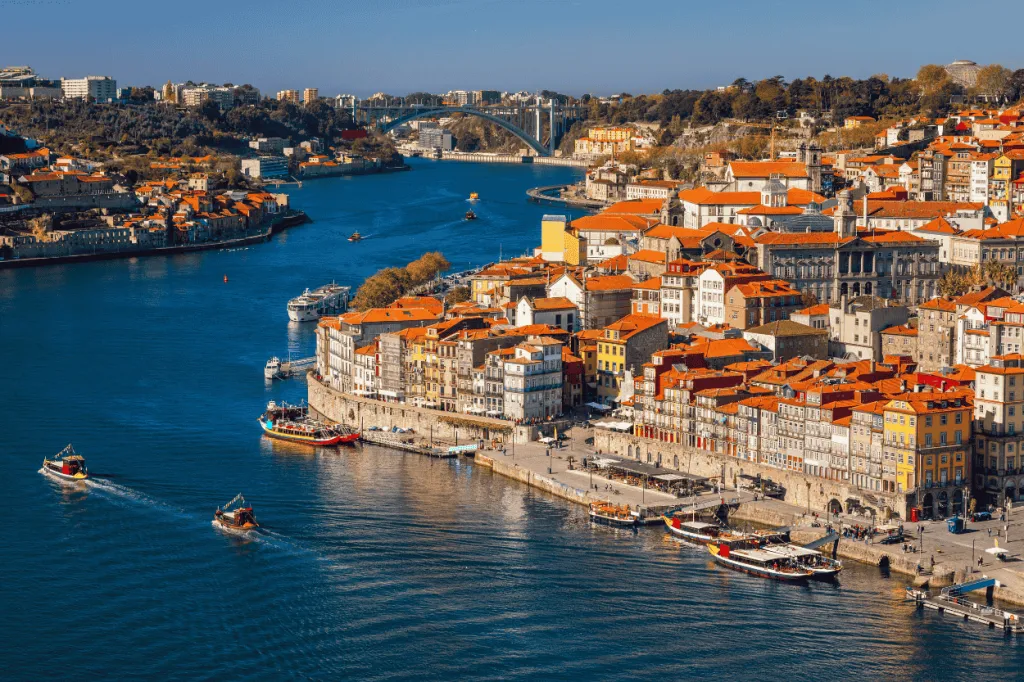
Portugal has quietly become the European destination that perfectly balances accessibility with authenticity, maintaining that sweet spot of affordable luxury without feeling cheap or overcrowded. The Alentejo region has captured the hearts of wine enthusiasts and culture seekers with its rolling cork tree hills, family-run wineries where vintners' grandmothers still help with harvest, and medieval towns like Évora that feel like stepping into a fairy tale. Digital nomads have been quietly making Portugal their European base, drawn by reasonable living costs, excellent internet infrastructure, and a culture that actually values work-life balance. Cities like Aveiro, the "Venice of Portugal", and Braga are becoming creative hotspots for remote workers seeking European charm without European prices. What makes Portugal particularly appealing is how it embraces tourism while preserving its soul, with local communities actively participating in sharing their traditions and creating genuine experiences rather than tourist theater.
Useful Resources:
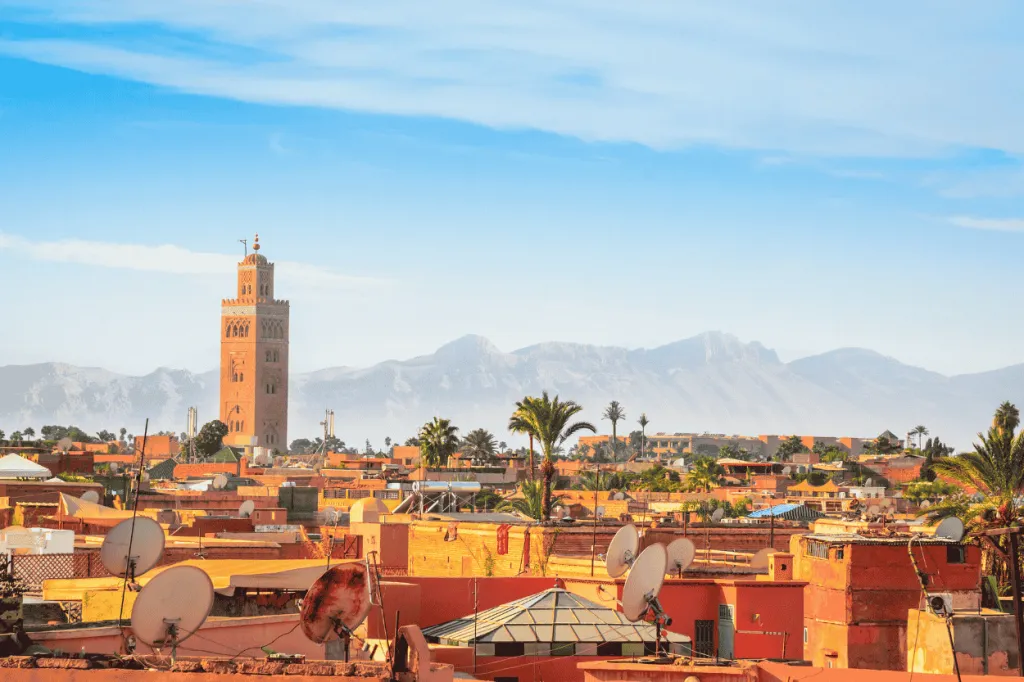
Morocco in 2026 has transformed through massive infrastructure improvements, including high-speed rail networks and sustainable energy projects, creating a more accessible and luxurious travel experience that still respects local culture. The new luxury train experiences connecting major cities offer romantic journeys through diverse landscapes, while eco-lodges near Merzouga provide authentic Sahara experiences without heavy environmental impact. Cultural stays in Berber villages have become increasingly popular as communities open their doors to visitors seeking genuine experiences, including helping with olive harvests, learning traditional carpet weaving, and participating in centuries-old festivals. What makes Morocco compelling now is how it has modernized while maintaining its distinctive character; walking through Marrakech or Fes medinas still feels like time travel, but you can retreat to thoughtfully designed riads that blend traditional architecture with contemporary comfort. The country has successfully created authentic luxury that enhances rather than overshadows its rich cultural heritage.
Useful Resources:
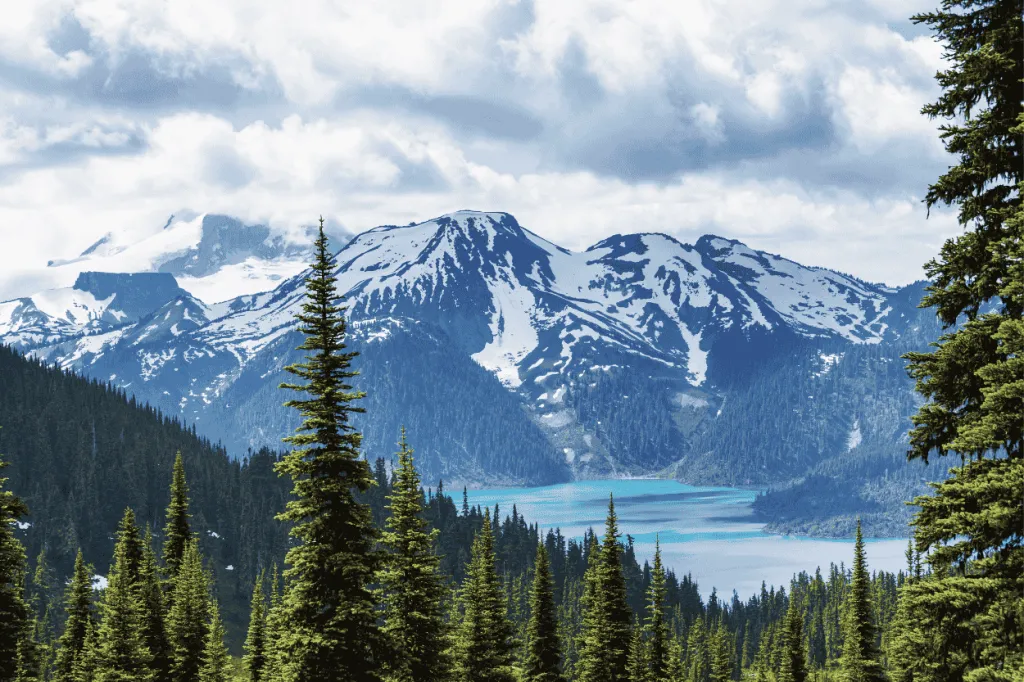
Canada in 2026 is showcasing a new approach to wilderness tourism, with growing emphasis on Indigenous-led experiences that offer visitors a chance to understand the land through the eyes of its first inhabitants. Newfoundland has become the darling of travelers seeking something completely different, with dramatic coastlines, unique culture (including the traditional cod-kissing ceremony), and a distinctive dialect that makes every conversation feel like discovering a new language. The Yukon attracts adventure seekers tired of crowded national parks elsewhere, offering true wilderness experiences like Northern Lights viewing from natural hot springs and dog sledding across pristine landscapes. Vancouver Island provides the perfect Canadian trifecta: world-class whale watching, Indigenous cultural centers, and hiking trails ranging from gentle forest walks to challenging mountain climbs. What sets Canada apart now is its commitment to sustainable tourism that directly benefits local communities while preserving the natural beauty that makes these experiences so transformative.
Useful Resources:
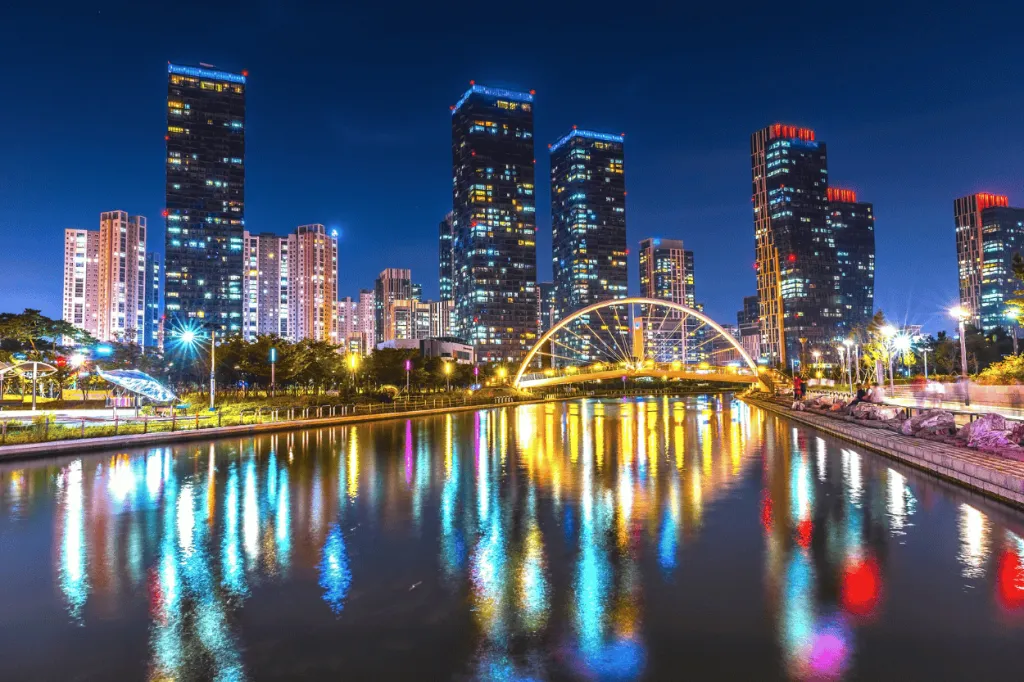
South Korea's cultural explosion has captured global attention, but 2026 proves the country offers far more than K-pop concerts and drama filming locations, with Seoul evolving into creative districts like Seongsu-dong that rival Brooklyn for their innovative cool factor. Jeju Island has transformed from a domestic honeymoon destination to an international wellness hotspot, where visitors can hike the otherworldly volcanic landscapes of Hallasan mountain and experience the traditional women divers (haenyeo) in cultural programs found nowhere else on Earth. Gyeongju, the "museum without walls," seamlessly blends ancient temples and royal tombs into daily life, you might sip coffee in a converted hanok (traditional house) café surrounded by thousand-year-old artifacts. What makes South Korea particularly exciting is its embrace of technology in tourism, from AI-powered translation services to virtual reality historical experiences, making the country incredibly accessible to international visitors. The perfect blend of cutting-edge innovation and deep cultural authenticity creates travel experiences that feel both futuristic and timeless.
Useful Resources:
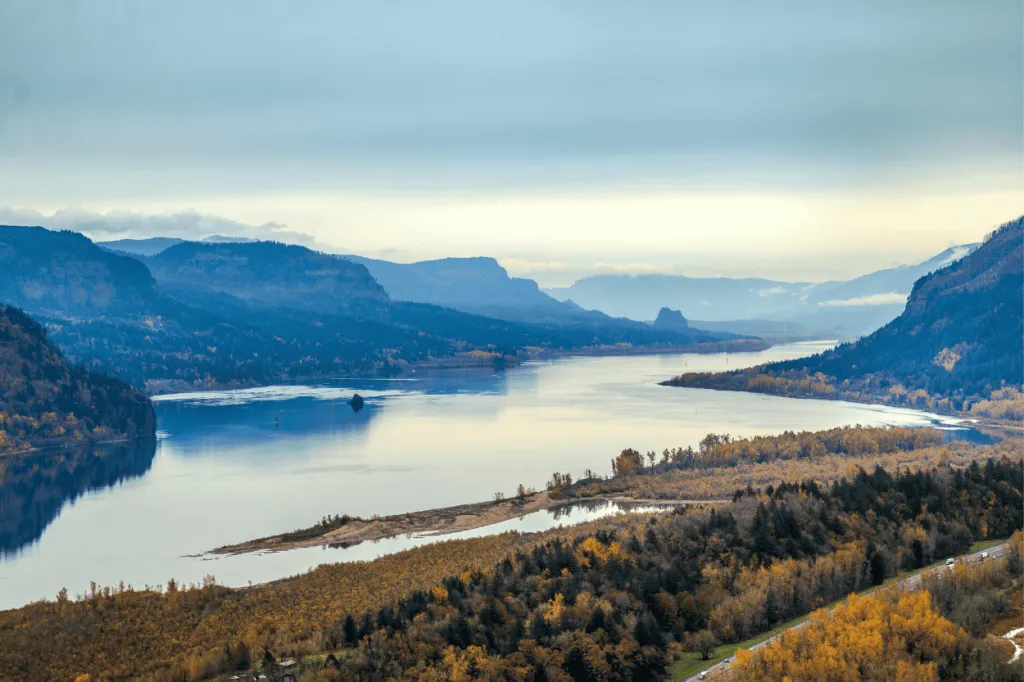
Colombia's remarkable transformation over the past decade has culminated in 2026 as the year the world finally takes full notice of this vibrant South American gem that has overcome its troubled past while maintaining incredible cultural richness and biodiversity. While Cartagena remains the jewel with its UNESCO-listed colonial architecture, the real excitement centers on Medellín's reinvention as an innovation hub, the cable car system connecting hillside neighborhoods serves as both transportation and a powerful symbol of the city rising above its past. The Coffee Triangle (Eje Cafetero) has become a pilgrimage site for coffee enthusiasts, offering authentic farm stays where families have perfected their craft for generations, providing genuine hospitality that feels warm and welcoming. Emerging destinations like the Amazon region around Leticia offer some of South America's most accessible jungle experiences, while Pacific coast towns like Nuquí are gaining recognition for world-class surfing and whale watching. Colombia has successfully created a tourism landscape that celebrates its vibrant culture while ensuring visitor safety and community involvement.
Useful Resources:
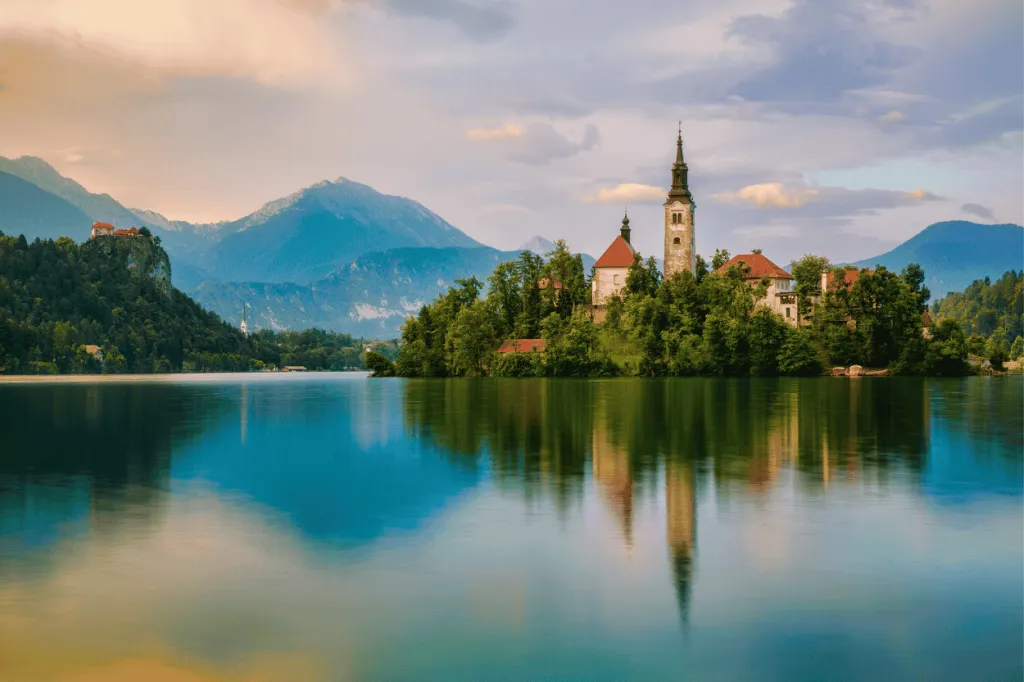
Slovenia proves that size doesn't matter when it comes to capturing travelers' hearts, positioning itself as Europe's leader in sustainable tourism with more than half the country covered in pristine forests under strict environmental protection. While Lake Bled gets most of the attention for its fairy-tale beauty, Lake Bohinj offers a more serene experience in Triglav National Park with world-class hiking trails from Alpine meadows to glacial lakes to mountain peaks offering multi-country views. Ljubljana, the capital, feels like a forgotten fairy tale city with its car-free center designed by famous architect Jože Plečnik, hosting vibrant outdoor markets and a café culture that rivals Vienna or Paris. The wine regions of Vipava Valley and Karst are finally gaining international recognition, offering intimate experiences where you taste with winemaker families while discovering unique varieties like Rebula and Teran. Slovenia's commitment to sustainability isn't just marketing, it's a lived philosophy that creates authentic experiences while protecting the natural beauty that makes every visit feel like discovering Europe's best-kept secret.
Useful Resources:

New Zealand's tourism industry has made a triumphant return in 2026 with a thoughtful shift from quick adrenaline activities to deeper, more meaningful experiences that allow genuine connection with stunning landscapes and rich Māori culture. The Te Araroa Trail, New Zealand's epic 3,000-kilometer walking track, has become a bucket-list item for serious hikers, though many visitors tackle stunning sections that showcase incredible diversity from subtropical forests to alpine passes to rugged coastlines. Māori cultural experiences have evolved beyond traditional performances to include conservation projects on ancestral lands, traditional navigation using stars and ocean swells, and cultural exchanges providing authentic insights into indigenous worldviews. The country's commitment to conservation tourism creates new wildlife encounters, with Stewart Island becoming a hotspot for bird watching and predator-free islands offering glimpses of pre-human ecosystems. New Zealand now represents the perfect blend of adventure and authenticity, where every experience feels both thrilling and deeply meaningful.
Useful Resources:

Rwanda's transformation from a country known for tragedy to one celebrated for innovation and conservation represents one of modern travel's most remarkable success stories, with Kigali consistently ranking as one of Africa's cleanest and safest cities. Mountain gorilla trekking remains the flagship experience, but the country ensures this tourism directly benefits local communities and conservation, sitting quietly with a gorilla family as they go about their daily routine creates profoundly moving encounters that change how you see the world. Beyond gorillas, Nyungwe Forest National Park offers incredible biodiversity with 13 primate species and some of Africa's best canopy walking experiences, while the park's tea plantations provide insights into sustainable agriculture alongside world-class tea tastings. Kigali itself has become a destination combining important genocide memorial sites that offer difficult but crucial historical education with an emerging arts scene and innovative restaurant culture showcasing a nation confidently building its future. Rwanda demonstrates how thoughtful tourism can support both conservation and community development while creating transformative experiences for visitors.
Useful Resources:
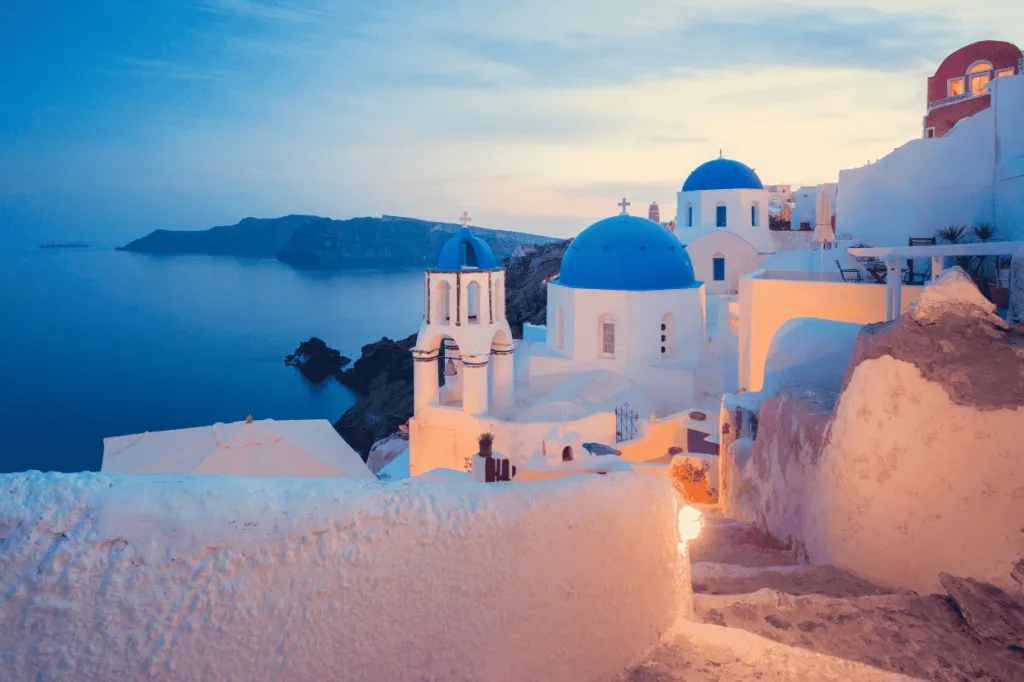
While Greece's islands continue drawing millions of visitors, 2026 marks the year travelers are falling in love with mainland Greece as the country's economic recovery coincides with a tourism renaissance highlighting previously overlooked destinations. Meteora offers one of Europe's most dramatic landscapes with monasteries perched impossibly on rock pillars, combining spiritual history with outdoor adventure where you can hike ancient pilgrimage routes in the morning and rock climb in the afternoon. The Zagori region in northwestern Greece feels like a local secret with traditional stone villages connected by ancient bridges and hiking trails, offering authentic experiences far from tourist crowds while preserving traditional architecture and customs. The Peloponnese peninsula serves as Greece's best-kept secret, where Ancient Olympia, medieval Mystras, and the dramatic Mani Peninsula landscapes rival anything in the Greek islands but with fewer crowds and much more reasonable prices. Mainland Greece represents the perfect combination of historical significance, natural beauty, and authentic Greek culture without the summer island chaos.
Useful Resources:
Travel in 2026 is about meaningful experiences, sustainability, and stepping off the beaten path. These destinations represent the future of travel places offering genuine cultural exchange, environmental responsibility, and unforgettable memories while actively protecting their natural and cultural heritage.
Ready to start planning? The key to great travel in 2026 is preparation with flexibility. Book major transportation and accommodation early, but leave room for spontaneous discoveries. The best travel stories come from unexpected moments like local conversations that lead to hidden restaurants or wrong turns revealing perfect sunset viewpoints.
Ready for takeoff? Don't forget to secure your airport parking in advance, it's one less thing to worry about when adventure calls!